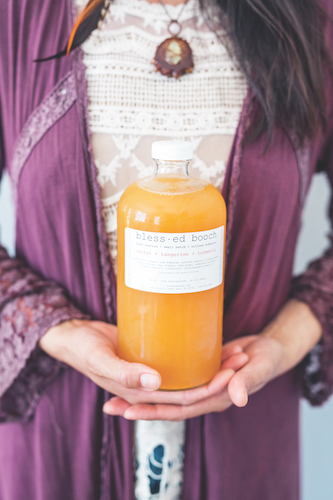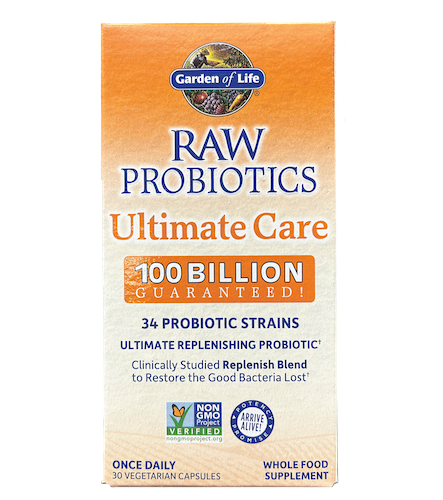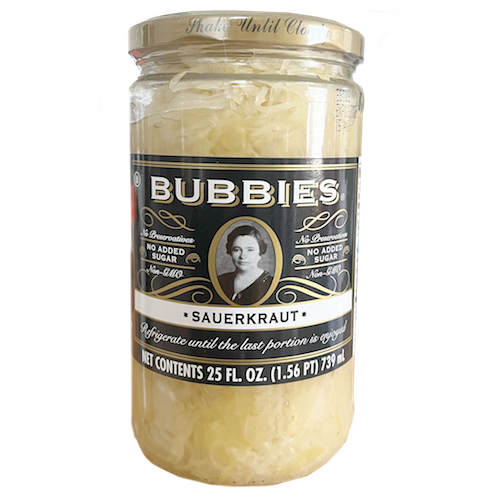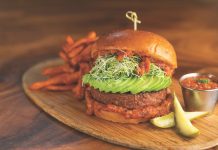
Studies show that overall health—from immune function to mental well-being—begins with our microbiome.
By Elycia Rubin
The old adage that we “are what we eat” originated with French lawyer Jean Anthelme Brillat-Savarin, who coined the term in 1825 in his book, “Physiologie du Gout, ou Meditations de Gastronomie Transcendante,” or “Physiology of Taste or Meditations on Transcendental Gastronomy,” which included the statement, “Tell me what you eat, and I will tell you what you are.”
What Brillat-Savarin probably didn’t realize is that the impact of what we consume on our overall health and well-being can be traced specifically to the gut microbiome, or trillions of microorganisms, bacteria, fungi and viruses living in our intestines. Deficiencies in healthy bacteria are now being linked to such ailments as poor immunity, digestive upset, chronic fatigue, depression and even Alzheimer’s.
“This link between the gut microbiome and disease is at the forefront of medicine,” says Dr. Daniald Rodrigues, who specializes in gastroenterology at the Mission Heritage Medical Group. “We only understand a fraction of the bacteria and viruses in our gut. There are a lot of studies that still need to be done. But we do know that the gut microbiome plays a very crucial role in our health.”
If certain “bad” bacteria predominate in the gut, it can increase the body’s inflammatory response, he explains. “This can lead to many symptoms, including some diseases,” Rodrigues says. Research suggests links to obesity, diabetes, Parkinson’s, colon cancer and inflammatory diseases, but further corroborating studies are pending.
Balance Basics
There are several factors affecting how diversity in gut bacteria forms. Basically, we’re born with a certain amount. “It’s partly genetic—maternal—bacteria is transferred from mom to baby during the [natural] birthing process,” he says. “But there’s an even stronger environmental component.”
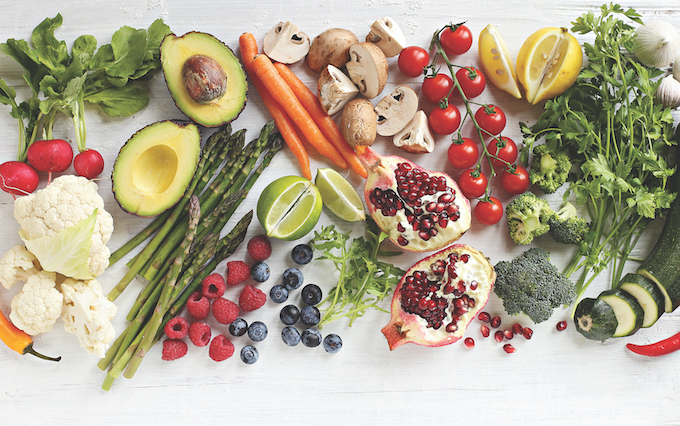
Almost everything we eat and drink, Rodrigues explains, alters our gut microbiome: This can include insecticides, pesticides, antibiotics (both prescriptions and those we ingest inadvertently through livestock we consume) are all strong contributors.
Fungi and viruses in the gut are equally important yet more difficult to specifically identify in the gut microbiome. “Some studies show that we can change our microbiome within just a couple of days through dietary and lifestyle changes,” Rodrigues says. “But it’s transient if dietary and lifestyle changes are not maintained.”
The Diet Dilemma
Jen Hoy, the founder of Body Spirit Nutrition in Laguna Beach, brings more than four decades of experience to her integrative counseling, including working with holistic and regenerative food systems. Hoy also spent 20 years as a classically trained whole foods chef and event planner for celebrities and those in the fashion industry. She asserts that achieving a healthy gut microbiota is “a crucial key to immunity and mental health.” Science is increasingly recognizing that not only our physical, but our mental health as well are both profoundly impacted by the gut biome, she explains.
Digestive problems like irritable bowel syndrome and leaky gut (“microscopic holes that develop in the intestinal walls, causing toxins to leak into the bloodstream”) are becoming more common due to lack of health in the microbiome, Hoy points out. Poor diet, excess use of antibiotics and certain drugs can all contribute to degeneration of the biome. What’s worse is that if left untreated, these problems can develop into more serious issues, like autoimmune issues and diverticular diseases; a foundational cause of gut disease is chronic inflammation.
Hoy’s focus is on healing these imbalances—or avoiding them altogether—which begins with diet. “There is no single ideal diet for healing the microbiome,” she prefaces. “We all have different internal and constitutional blueprints and intolerances. … For example, some people do fine with eating red meat or even need to eat it to function well. Many others thrive on minimal [animal protein] and abundant plant food.”
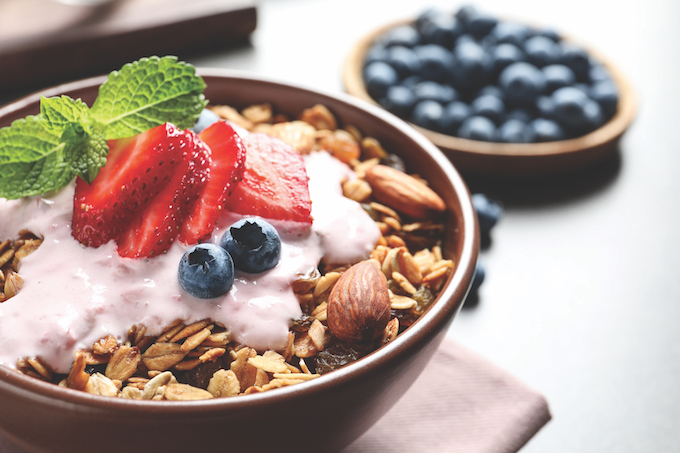
That said, no one benefits from processed foods, like refined carbohydrates and sugars, she points out. When the gut is in a state of imbalance and someone is trying to retore their microbiome, a good rule of thumb is to eliminate all processed foods, as well as common contributors to food allergies and sensitivities—dairy, gluten, soy and corn, for example—for a period of time.
“A healing diet consists of about 70% plant-based foods—[vegetables, legumes and fruits]—and 10% to 15% healthy fats—[avocado, nuts, seeds and extra-virgin coconut, seed or olive oil]—with the remainder being high-quality, organically raised or wild-caught protein,” Hoy advises. Carbs should come in the form of squash, sweet potatoes and other starchy root vegetables. Healing diets are just that and should be reassessed after a period of time to ensure the client is getting adequate nutrients and fuel, she notes.
“We are very fortunate that in California we have a year-round growing season that provides access to abundant, fresh, organically grown food,” she notes. The farther produce has to travel from the farm to your plate, the more potency is lost over time. “But when you eat something you’ve picked within an hour or two,” Hoy says, “it has a very different life force in it—it’s still vibrating with that life force.”
When trying to determine a particular cause of digestive hullabaloo, a gradual reintroduction diet—which is an inverse of the elimination diet and comes after following the latter for 30 or 60 days—“can be an effective way of determining foods which trigger adverse reactions,” she says. “These can then be eliminated from the diet altogether.”
Just as certain foods can deplete healthy microbiota, others help multiply it for optimal health and healing. You’ll find most of these in the form of probiotic or fermented foods, which contain active living cultures: biodynamic sauerkraut, kimchi, kefir, kombucha, miso paste, yogurt and the like. These help reseed the microbiome with healthy, living organisms. All of these foods will be found in refrigerated cases, Hoy says. Anything shelf stable (read: in the condiment aisle) will not contain living cultures. “Practically everybody benefits from consuming probiotic foods and/or supplements,” she says. “When choosing a probiotic supplement, opt for refrigerated or enteric-coated, shelf-stable varieties.”
One of the best ways to guarantee you’re getting all the beneficial bacteria your gut needs is to make your own fermented foods. Homemade sauerkraut and yogurt, for example, are as fresh as you can get, and therefore deliver a heftier punch to the gut (in a good way).
Shine On
Equally essential to overall well-being, along with a healthful diet that comes from the earth, are adequate movement (such as hiking and yoga), fresh water (that’s free from all of the contaminants that the industrial and pharmaceutical worlds leak into it) and vitamin D—one source of which is sunshine.
“Most people are deficient in vitamin D, and it’s a key player in gut health and immunity,” Hoy shares. “In most places, there are only a few months out of the year when adequate D can be absorbed from the sun through our bare skin.”
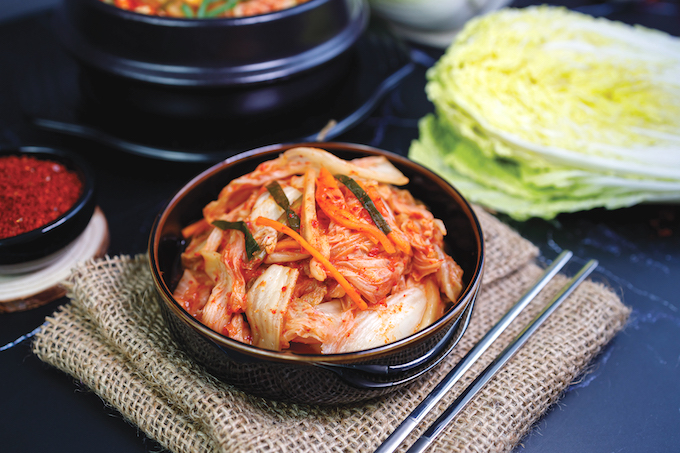
With so many aspects of health affected by the gut microbiome, “if you have suboptimal nutrient absorption, it’s like playing dominoes. They start to fall, then become a cascade,” Hoy says.
Those with an autoimmune disease might consider consulting a practitioner who can recommend a regimen of specific foods, herbs and supplements. Nearly everyone can benefit from a quality vitamin D supplement; those in liquid form are more readily bioavailable and allow you to adjust dosage as needed.
Hoy believes that the more people come to understand the link between their gut biome, their physical health as well as mental health—and what they choose to nourish their bodies with—the more empowered they are to make healthy choices around food and self care.
“Our bodies don’t lie to us,” she says. “If we take the time to listen to the body’s deep wisdom and the information it constantly sends to us, we can learn to make choices that support our health and longevity.”
Nourish Your Health
These fermented foods pack a punch when it comes to optimal gut health.
